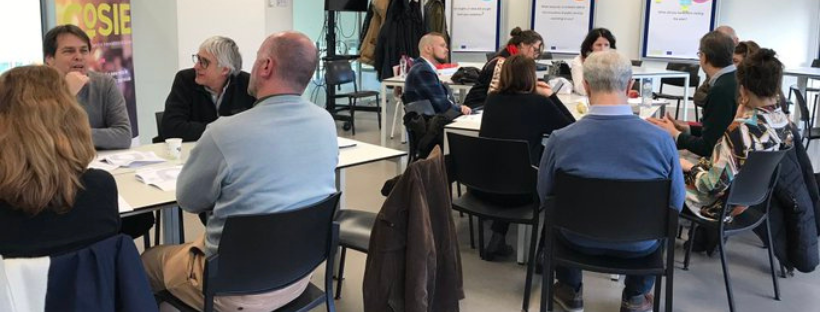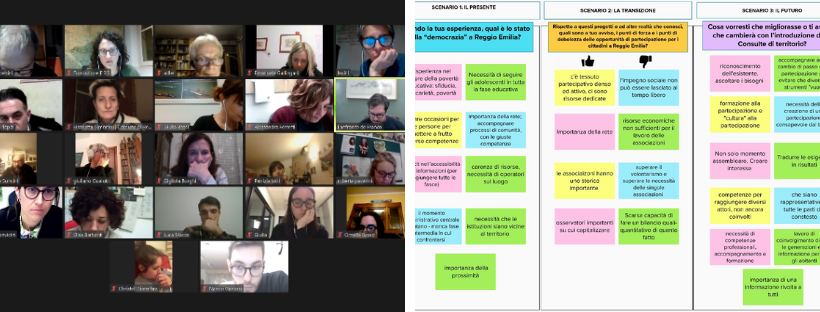10:30am – 5:00pm, Thursday 7th July 2022, The Lowry, The Quays, Salford, M50 3AZ
Stories are powerful vehicles that build bridges between people and support common understanding. In recent years digital storytelling has helped to connect communities and has thrived as a tool for social transformation and justice.
Community Reporting falls into this arena. We see it as a tool to address inequalities in society and help to shift power from ‘systems’ to people. However, we all know changes in power dynamics don’t come easily. For the fourth annual Community Reporter Conference, we want to open-up a conversation about power and lived experience. PLACES ARE LIMITED, SO BOOK NOW!
The agenda for the day is:
10:30am / Registration and refreshments
Get signed-in, grab a cuppa and a snack, chat!
11:00am / Welcome and Stories from the Community Reporter network
A warm welcome from People’s Voice Media including some extracts from recent Community Reporter stories and an overview of the conference.
11:15am / On Your Soapbox – What’s your perspective on the topic of lived experience and power?
Invited speakers will get ‘on their soapbox’ and have 3 minutes to share their thoughts about this year’s conference topic – lived experience and power. You’ll then have some space to chat in small groups about any issues connected to this topic. We hope it will be a great way for people to share their perspectives, get some stuff off their chest and have their perceptions challenged.
12:00pm / Closed Cultures – How do we prevent and tackle them?
Working with Ideas Alliance and commissioned by the CQC, Community Reporters spoke to people about their experiences of closed cultures in health and social care environments. The people involved in this piece of work will share the key findings with you and ask you to think about how you can be a part of tackling closed cultures.
12:45pm / Lunch
1:30pm / Democracy – are we talking the same language?
Researchers from the EUARENAS project Matilda and LangWork projects and UEF, will create a space for a conversation about the future of democracy. The session will focus on language barriers and communication challenges in people’s involvement with democracy.
2:30pm / Break and refreshments
2:45pm / Co-production – How do we create the ‘right’ conditions for co-production?
We’ve been working with Co-production Collective and Curators of Change to gather stories about people’s experiences of co-production in services, research and policy. Based on the insights in these stories, we will host a workshop about what ‘conditions’ need to be in place for co-production to flourish and how we go about establishing them.
4:00pm / Our 15(ish) minutes of fame
Members of the Community Reporter network will be sharing some highlights of the work they’ve been doing over the last 12 months. We will also launch our social impact report (2021 – 2022) and ask you for your input into our future plans.
4:30pm / Drinks, chinwags and goodbyes
We’ll be providing some post-conference drinks and a social space for people to chat, swap contact details and unwind!
Parts of this agenda will be hybrid and we will be launching the booking link for online attendance in May.




